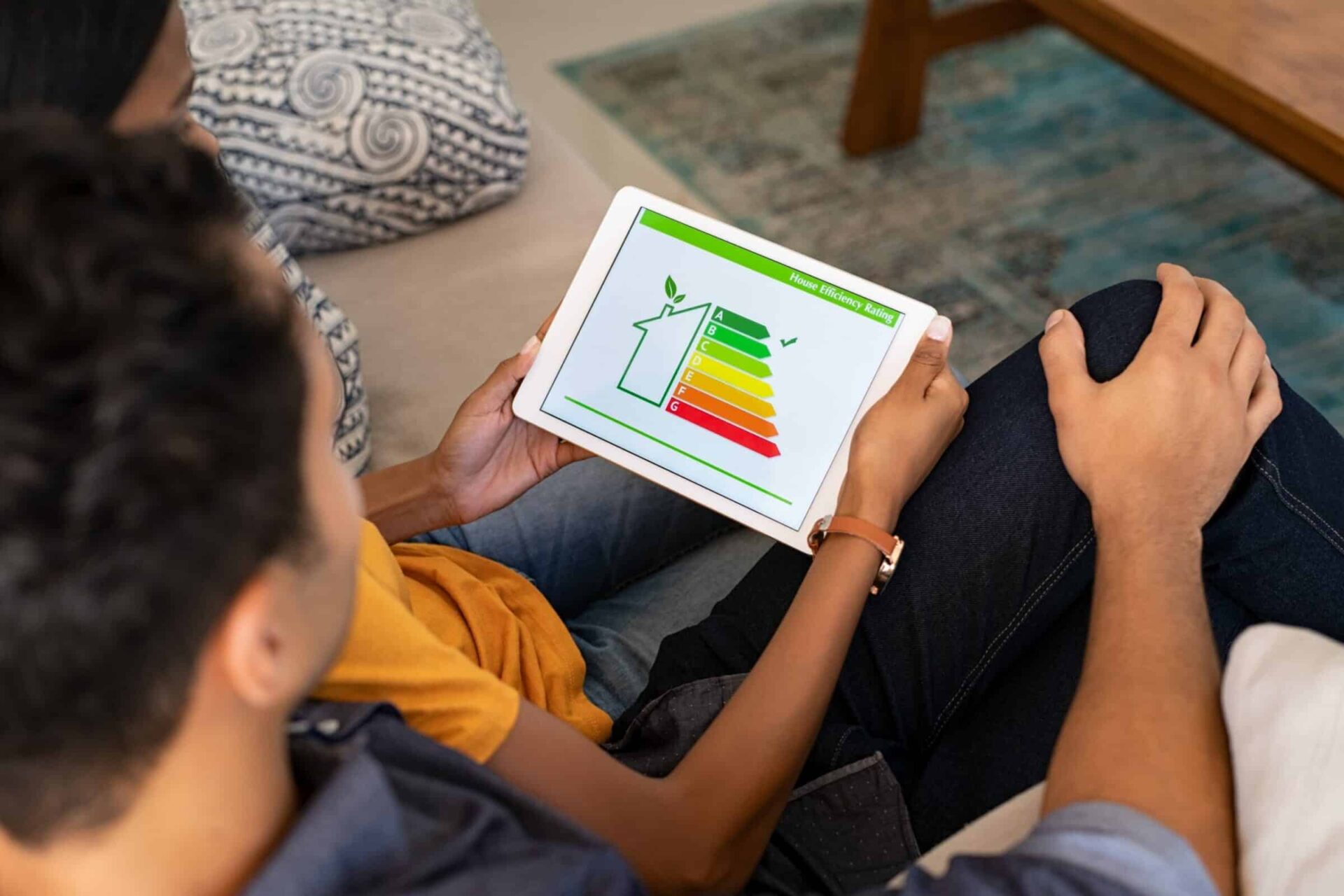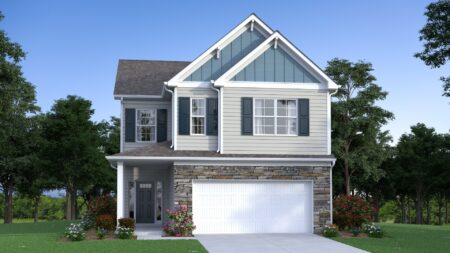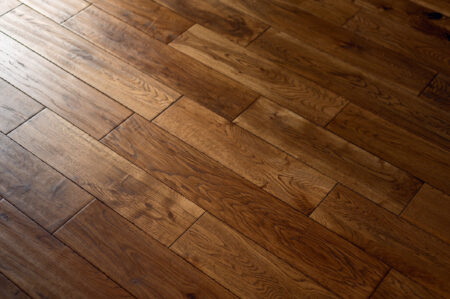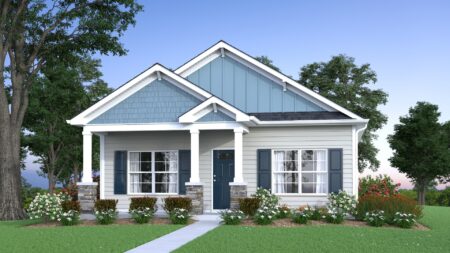The need to protect the environment is a growing concern in today’s society. Researchers estimate that the United States wastes about two-thirds of its energy consumption annually. And homes and buildings are responsible for 40% of the energy used across the U.S.
Residential spaces use and waste a lot of energy, but this trend can change. Sustainable builders like Build on Your Land have the expertise to build homes that conserve energy and use it wisely, impacting your finances and overall health.
Our world needs more sustainable and energy-efficient buildings and homes to help reduce our carbon footprint and make the most of modern technologies.
What are Energy-Efficient Homes?
Energy-efficient homes require little energy to heat, cool, and provide domestic hot water. They are primarily energy efficient because of their building materials, including window technology that reduces energy losses through poorly insulated frames.
Energy-efficient homes also include eco-friendly appliances made with energy-saving materials or technologies that reduce the power used to do their job. These appliances might also include dishwashers, washing machines and dryers, and LED lighting.
There are many ways homeowners can make their homes more energy efficient and sustainable. It is critical for individuals to be educated on what they can do at home to help protect our planet by making small adjustments.
Keep reading to learn several different ways to make your home more energy efficient.
Features of an Energy-Efficient Home
Energy-efficient homes contain many eco-friendly features, some of which include:
Efficient Appliances
Changing your regular appliances to more energy-efficient models can save you a fortune in the long run. For example, many energy-efficient homes opt for tankless water heaters. They’re more efficient than their traditional counterparts because the only water that’s heated is the water you’re using. You won’t be wasting gallons of water that sit unused in your water heater’s tank.
Another excellent switch you can make for your home is installing low-flow showerheads. You can use less water without having to shorten your showers.
Insulation
Insulation is a great way to maintain the heating and cooling of your home without wasting energy. To keep your home energy efficient, check your insulation regularly to ensure it isn’t damaged. You can even insulate places like your attic to stop heat from escaping.
Efficient Heating & Cooling
If your HVAC system isn’t working properly, it’ll cost you a lot of money, and you might not even realize it. Have your heating and cooling systems checked yearly to keep your home energy efficient.
Why Energy-Efficient Homes Help the Environment
There are many benefits energy-efficient homes have on the environment.
Energy-efficient homes both reduce energy consumption and energy costs. Homeowners make a huge difference just by making small changes.
According to the EPA, building an energy-efficient home has four main benefits:
- Improving air and water quality
- Reducing waste streams
- Enhancing and protecting biodiversity and ecosystems
- Conserving and restoring natural resources
Energy efficiency helps the environment in all areas, including energy security and energy costs. If you’re in the market to build a home, investing in an energy-efficient home with an expert builder is a choice that will save you thousands of dollars long term.
Learn more about building your own energy-efficient home with Build on Your Land!






